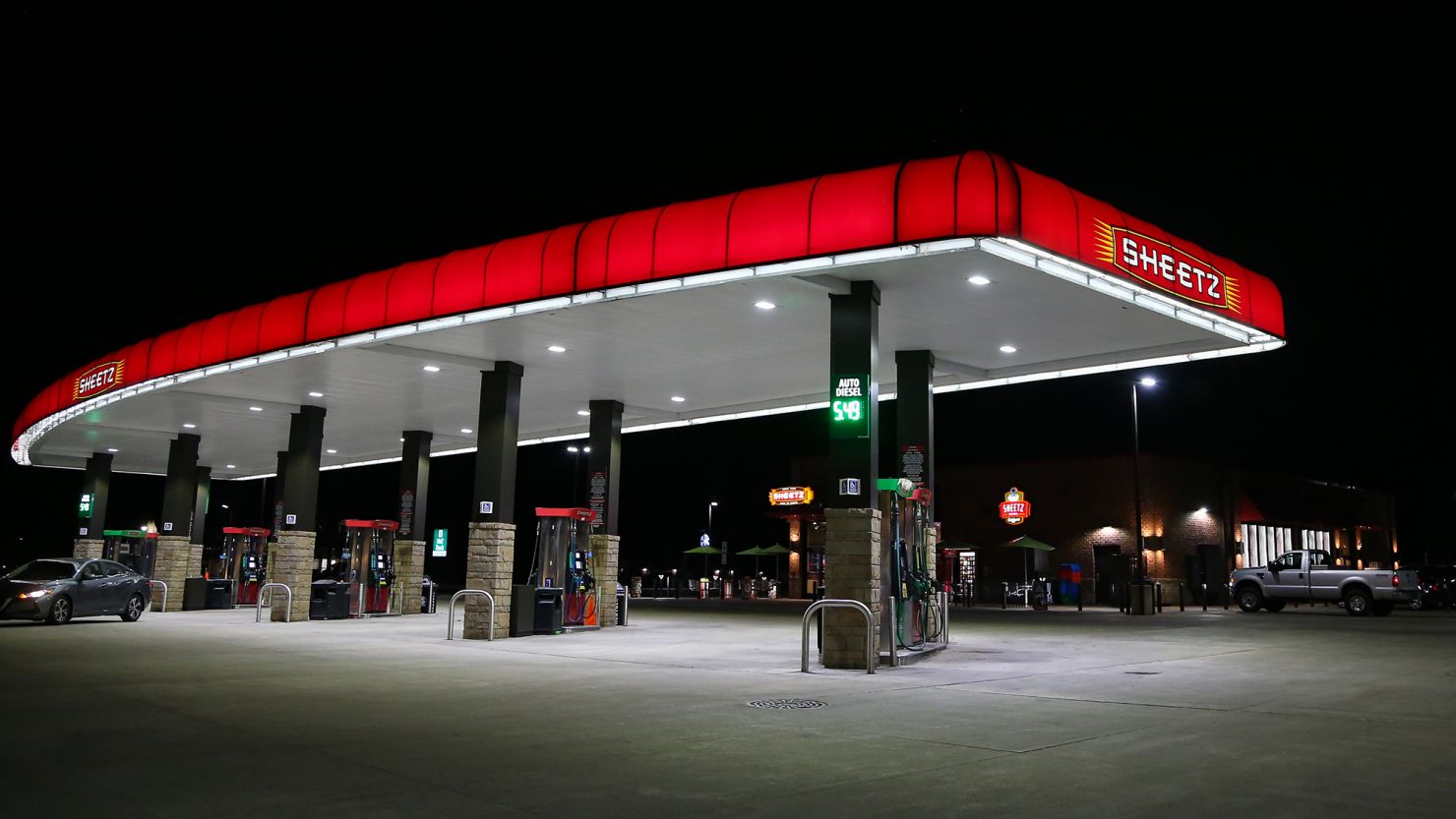A federal agency accused a popular gas station chain of discriminating against Black, Native American and multiracial applicants in its hiring practices.
The Sheetz criminal screening process disproportionately screened out applicants from those legally protected groups, the lawsuit announced by the US Equal Employment Opportunity Commission on Thursday alleged. The gas station chain screens and rejects applicants who have criminal records, the EEOC said.
Those employment practices violate Title VII of the Civil Rights Act, which prohibits discrimination in the workplace, the suit said.
Criminal records have been a barrier for certain workers to find jobs. More than half of unemployed men in their 30s have a history of criminal conviction or arrest that keeps them from fully participating in the labor market, a 2022 study from nonprofit research group RAND Corporation found. And minority groups who are incarcerated at higher rates relative to Whites can be put at even more of a disadvantage.
The lawsuit doesn’t claim Sheetz was actively motivated by race when rejecting applicants. In a statement, Sheetz said it “does not tolerate discrimination of any kind.”
“We take these allegations seriously. We have attempted to work with the EEOC for nearly eight years to find common ground and resolve this dispute. We will address the claims in Court when the time comes,” Nick Ruffner, PR Manager for Sheetz, said in a statement.
The EEOC said the case is going to court after failing to reach a pre-litigation settlement.
The alleged illegal hiring practices have taken place in Maryland since at least 2015, the lawsuit said.
As part of the hiring process, applicants must answer questions about their criminal justice history and go through a background check through a third-party vendor. Those who fail the screening do not get hired.
About 14.5% of Black applicants failed the screening, while less than 8% of White applicants failed, according to the lawsuit. Native Americans and multiracial applicants failed at a rate of about 13%.
“Black job applicants comprise a disproportionately high number of the total number of job applicants whom Defendants have refused to hire because of criminal justice history information,” the lawsuit said. The lawsuit added that according to published statistics, Black people and Native Americans in the United States “are subject to arrest, conviction, and incarceration at significantly higher rates relative to White persons.”
The EEOC said there are other screening methods available that wouldn’t discriminate.
“Even when such necessity is proven, the practice remains unlawful if there is an alternative practice available that is comparably effective in achieving the employer’s goals but causes less discriminatory effect,” said EEOC Regional Attorney Debra M. Lawrence in a statement.
The lawsuit seeks an order for Sheetz to end its current hiring practice and create equal employment policies and programs. It also seeks back pay for the affected applicants.
Sheetz has more than 600 stores in Pennsylvania, West Virginia, Virginia, Maryland, Ohio and North Carolina. The East Coast convenience chain is known for its promotional gas prices on holidays, such as gas for $1.776 on the Fourth of July.







